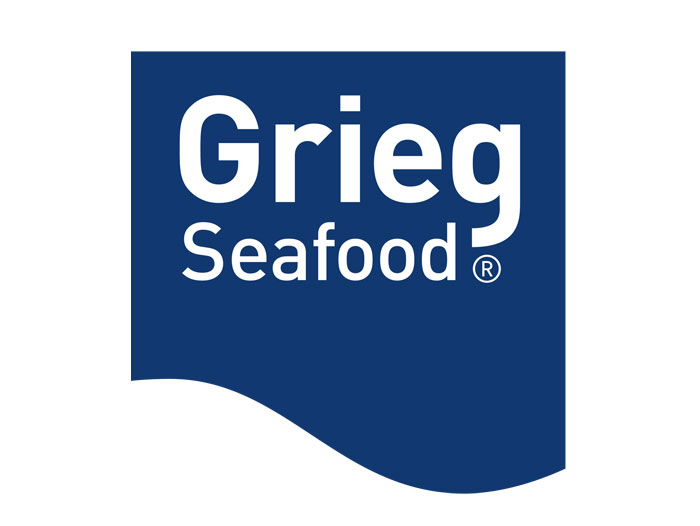Grieg Seafood Joins Forces With 17 Leading Industry and Research Institutions in Push to Develop Low-Emission Offshore Aquaculture
September 7, 2021 | 1 min to read

The consortium aims to reduce the environmental impact and improve fish welfare through innovations within offshore and closed technologies, biology, fish feed, electrification, digitalization and logistics. The project is granted 96 million NOK from the Norwegian Research Council.
“Offshore aquaculture has the potential to be a solution in a more sustainable global food system. However, there are many challenges to address before we get there. Industry and research institutions are now launching the largest ever effort to develop these solutions,” says Ragnar Tveterås, professor at the University of Stavanger, who coordinates the consortium.
The aim of the project Low-emission value chains for ocean-based aquaculture is to deliver new knowledge and innovations enabling offshore aquaculture to contribute to lower carbon emissions, reduce the environmental footprint to protect marine biodiversity and optimize fish welfare. Offshore aquaculture also entails new challenges that must be solved, such as farming in harsh weather conditions.
Specifically, the project aims to deliver innovations in the following areas:
To read the rest of the story, please go to: Grieg Seafood
